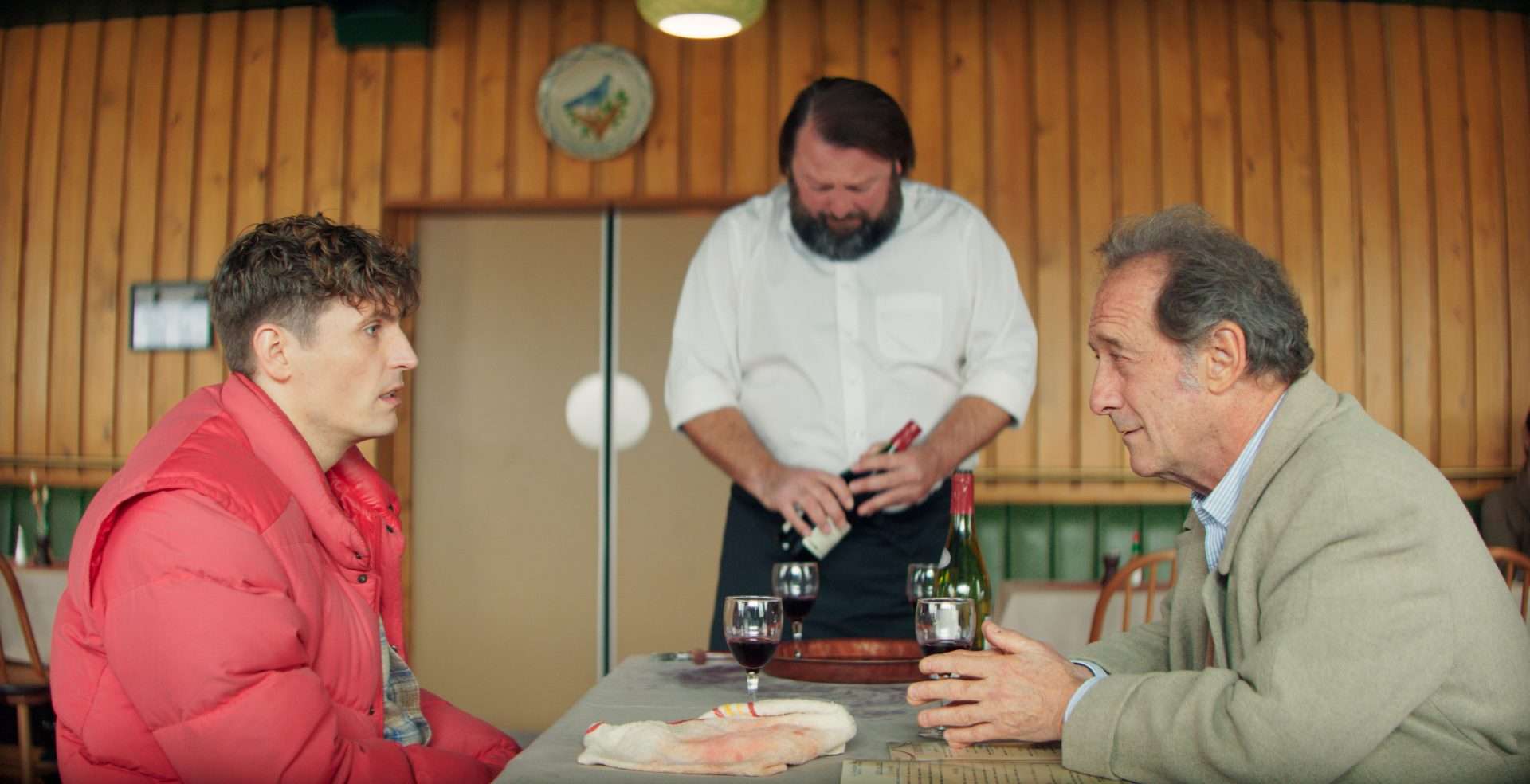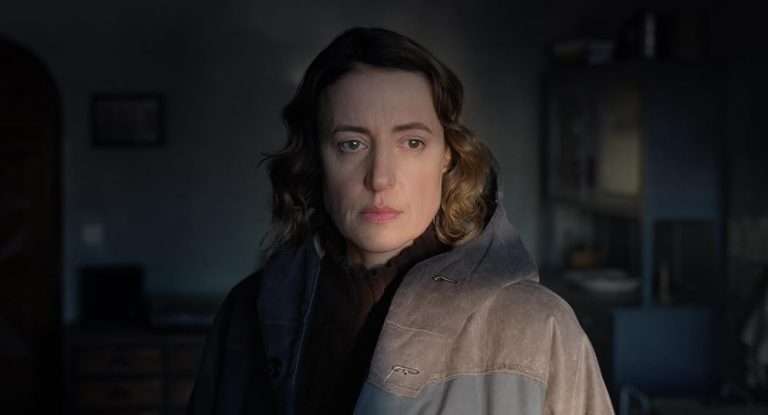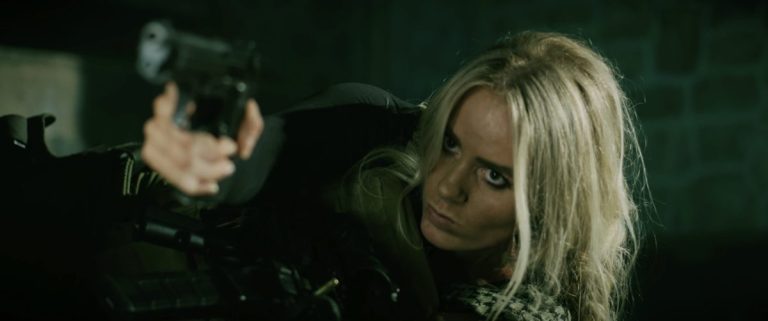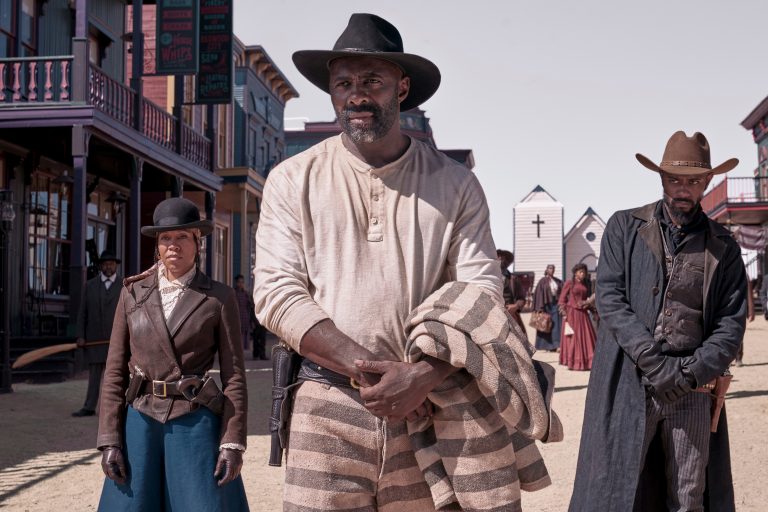In recent years, many filmmakers have expressed their views on the death of cinema. Scorsese mentioned it in the context of the kind of films he grew up with being scarce. From David Cronenberg to Aki Kaurismaki, some other filmmakers also mentioned their discontent with the state of the currently-made films. More recently, Scorsese said that cinema is not dying but rather transforming. As it happens, several film-related artists are actively losing their jobs, making them lose their faith in the industry. So, there’s art and there’s a need for survival. Somehow, Quentin Dupieux’s “The Second Act” (Original title: Le Deuxieme acte) touches upon both through its meta-comedy.
Dupieux, a multi-disciplined artist, is known for his eccentric and surrealist works in filmmaking. He often uses humor to drive a point in his endlessly amusing stories that examine different aspects of human experience. He is one of those artists whose work either appeals to you or not. You may find it middling or undercooked but it would stimulate you only if his oddly specific style appeals to your senses. “The Second Act” is not as wildly unconventional in its approach as some of his other works. It is a meta-commentary about the state of cinema in the present-day world. However, it explores these themes in his idiosyncratic style.
Dupieux seems to be borrowing from his personal experiences of working in recent months. Either that or he is deeply observant and curious about how things are changing in the filmmaking community. It doesn’t seem shocking considering the amount of uninspired work coming out every day. Even Netflix acknowledges itself as a content platform that works like background noise for people. Now, they expect their writers to explain the subtext of their scenes and reintroduce the expositions in case someone misses them. So, with their growing monopoly over moviemaking, the future frankly looks quite bleak.

There is also a looming danger of Artificial Intelligence that can regurgitate information available online and create videos with no human intervention, except those with the means to control them. “The Second Act” introduces this phenomenon through a clever gag that is just as hilarious as biting. It shows how the lack of human interaction will affect the collaborative nature of filmmaking. While doing so, Dupieux keeps winding and unwinding its apparatus to lead us on different chains of thought. He doesn’t want us to limit ourselves by antagonizing the likes of A.I. but to understand how one falls victim to its whims.
“The Second Act” offers a film within a film and so on to constantly subvert our understanding of its characters. As the title suggests, it has no traditional first act that introduces its characters or setting nor a third act that offers a definitive exclusion. All of it is a rumination about the ever-changing world. Through its existential queries about the nature of art, the film inadvertently sheds light on the creative demons an artist, perhaps Dupieux himself, battles.
With the rise of social media, people have found resources to be more aware than they possibly ever had been. Whether they use it or not is another matter. It leads to people expecting accountability from others. The cancel culture became a short-lived boogeyman that hardly ‘canceled’ anyone. Still, the characters in Dupieux’s film worry that a single wrong use of a term will rob them of their privileges. Some are cautious about its impact while others do it simply out of fear of societal rejection. The script explores these differences through irreverent banters that portray their underlying fear of uncertainty about nearly everything in the world.

As actors, these characters worry whether they are doing something that is creatively fulfilling. They are so self-absorbed that they forget that there are more pressing issues in the world. However, they also wonder whether there is any point in creating something cheerful while ignoring the fire in other parts of the world. Well, should art discomfort the comfortable or comfort the discomforted? They grapple with these artistic queries through uniquely French free-flowing dialogues.
However, with the introduction of AI in its script, the film also questions the nature of spontaneity and naturalism in such dramas. Will there ever be any film truly naturalistic and spontaneous when a person is making creative decisions entirely based on market fluctuations? How will we be able to tell the difference between reality and fiction? The film makes us contemplate these aspects without ever being preachy or sentimental. While the performances by its ever-reliable cast are impressive, Dupieux’s effortless handling of the material takes the cake.
As the title suggests, there is no third act, i.e. a definitive sense of closure. So, it ends up being an amusing reflection on these themes. Nothing more, nothing less.



![Spark: A Burning Man Story [2013] Review – A surface level documentation of the greatest party in the world](https://79468c92.delivery.rocketcdn.me/wp-content/uploads/2020/10/Spark-A-Burning-Man-Story-2-768x512.jpeg)


![My Home India [2019]: ‘LIFF’ Review – An Obscure yet Phenomenal Story of Generosity and Compassion](https://79468c92.delivery.rocketcdn.me/wp-content/uploads/2019/06/MHI-768x469.jpg)

